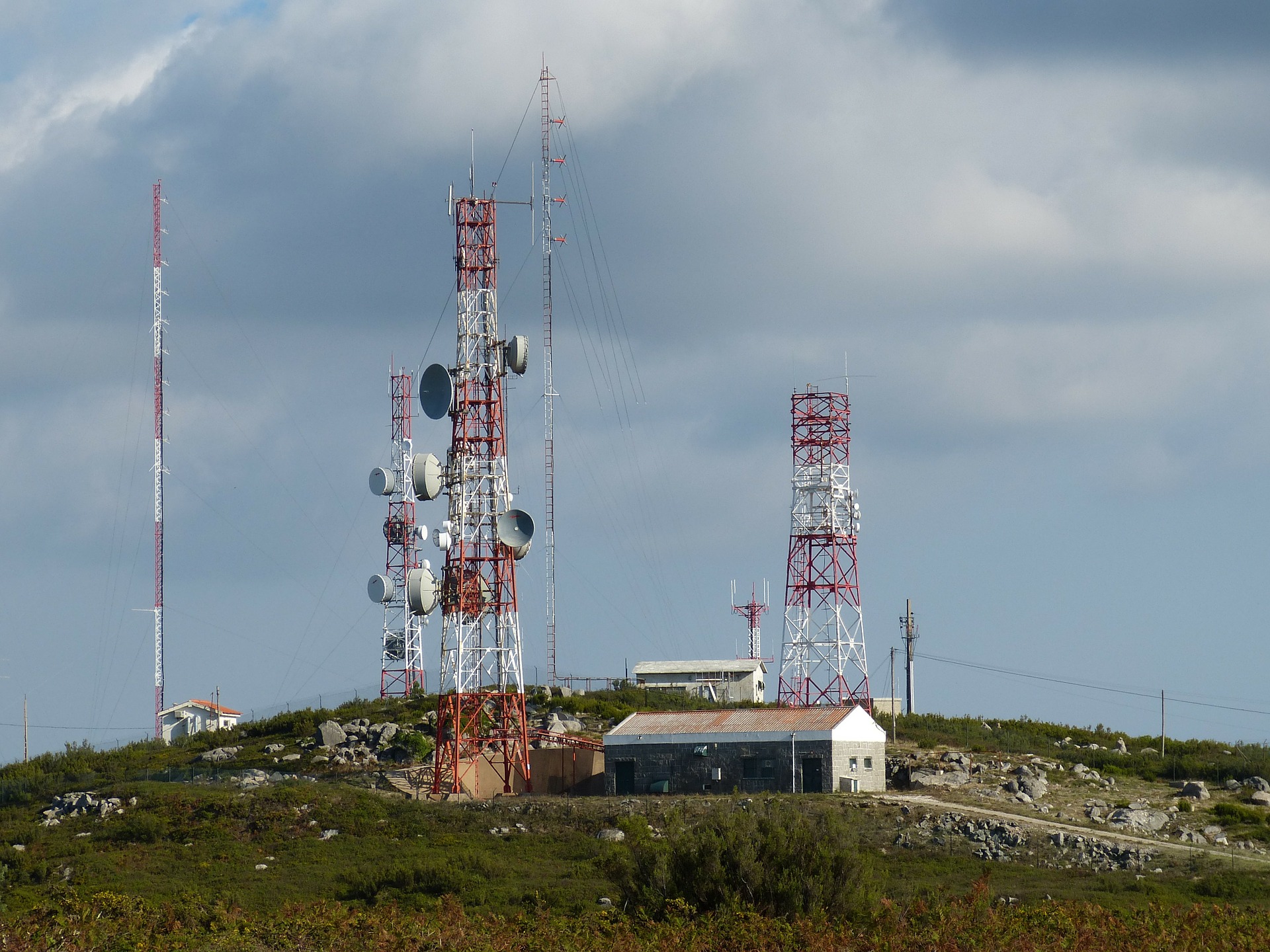Broadcast Flag Boosters Make Their Case
Copy protection, DTV tuners dominate HPA Tech Retreat
PALM SPRINGS, CALIF.
The 8th Annual Technology Retreat in early February lived up to its billing as a hub for informal yet intensive tutorials and a forum for any tech issue anyone cared to discuss.
To get the full effect of the four-day event, you had to be there. A final count by sponsor Hollywood Post Alliance indicated that 233 attended, an increase of more than 52 percent over last year.
Participants were most vocal regarding the government's new rules initiatives as well as statistics it has published to mark the progress of adopting digital television and selling its virtues to the public.
WA(I)VING THE FLAG?
High on the comment list was the "broadcast flag" described by ATSC Standard A65/A, which would limit copying of some broadcast programming. Last August the FCC asked the industry whether such a standard should be mandatory and, if so, how it should be implemented.
Formal filings flooded in by the thousands. But CBS' filing stood out due to its threat to withhold HDTV programming during the 2003-2004 season if the FCC didn't come up with effective rules to prevent digital piracy.
As expected, Bob Seidel, CBS Television Network's vice president of engineering and advanced technology was grilled about the filing.
Yes, he insisted, CBS is quite serious about hard-balling its viewpoint. He noted the network currently has "something to watch every day in HDTV."
The lineup includes pro and college sports, entertainment specials such as the Grammy awards, 18 primetime dramas, sitcoms, Hallmark movies, "The Young and the Restless" soap and WRAL newscasts. Additional HD programming will be announced shortly.
Seidel emphasized that CBS backed an initiative that was limited in scope to restricting proprietary content from being mass-distributed.
"Clearly, it's against the law to do that," he pointed out.
He estimated the cost to manufacturers would be minimal-"pennies [per set]."
Seidel disagreed that CBS was jumping the gun at this stage of the game regarding the protection of its quality assets from piracy. "As compression schemes get better," he noted, "we want some protection."
Discussion continued the next day at a breakfast roundtable and in a presentation by Brad Hunt, chief technology officer for the Motion Picture Association of America, who was part of the industry subgroup that worked on the standard.
"A number of people said they understood for the first time what the broadcast flag is and how it works," said Hunt after his delivery. "It's really not that complicated."
He described it as a mechanism that blocks unauthorized distribution beyond the "personal digital network environment," which includes a viewer's home, car vacation home for example.
"It does not constrain a user's ability to make copies-you can make a dub and give it to a friend, " he insisted.
Constraints are targeted at mass distribution of unauthorized copyrighted content, like the peer-to-peer file swapping service Kazaa, whose parent company is being sued by both by the MPAA and the Recording Industry Association of America. Hunt used Kazaa's collection of "West Wing" titles to illustrate his point: The goal is to keep piracy at "manageable levels."
Like Seidel, Hunt believes now is the time to implement the technology, which, he agrees, presents few burdens since it uses existing technology. Manufacturers would need to modify their receivers' transport stream processor. And signaling would have to be inserted in the program stream's Program Map Table and PSIP's Event Information Table.
DTV TUNERS: WHAT'S THE REAL COST?
Participants were also keen to discuss the FCC's August 2002 mandate for built-in DTV tuners in new sets.
Graham Jones of the NAB was the target of the first assault: How much will it cost manufacturers? His attempt to disqualify himself by saying he was not a manufacturer was clearly unacceptable to the audience. He reluctantly estimated the burden at "$15 to $20" per set.
An answer to the next question-"How well is a $10 demodulator going to work on multipath?"-got lost in the comments that spewed forth.
Regarding multipath problems, Mark Aitken, Sinclair Broadcasting Group's chief technology officer, punctuated his company's disdain for the government's digital TV standard with cartoons that asked, "Does it work?" or otherwise made fun of "where we are now." Despite this, Aitken reported that 55 of Sinclair's 62 stations are DTV enabled, though not all at 100 percent power.
"NTSC will be around for a long time," he noted.
But NAB's Jones did get in two quips of his own regarding mandates for the new TV technology paradigm. The first was a dig at Fox (the only network not represented on the Broadcasters Panel); the other addressed the "abysmal promotion" retailers have done to move HDTV sets.
He said NAB had approved a "significant budget" to beef up sales of HDTV sets.
"We now need Fox to recognize where we need to head," said Jones.
NAB has yet to figure out how to move Fox.
The professional video industry's #1 source for news, trends and product and tech information. Sign up below.
